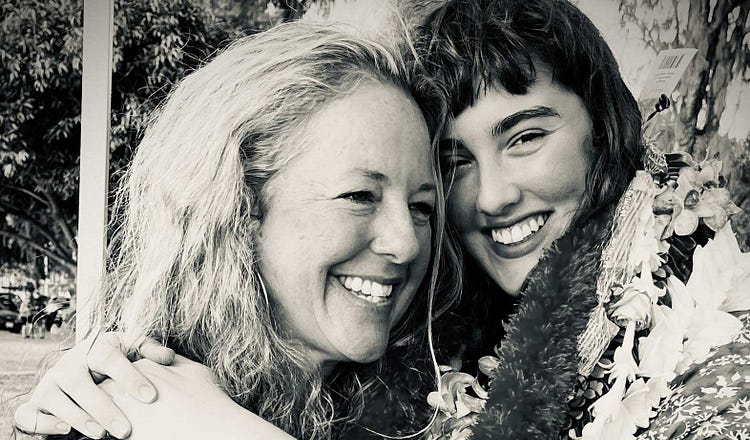Learning from Oddballs

K.L. Evans with her daughter, Ruby LaRocca, the winner of our first-ever high school essay contest. (Photo courtesy of the author)
‘My favorite teachers were unpredictable, untidy, gifted in a way that only a handful of people appreciated.’
2
At the end of August, we ran a special series on What School Didn’t Teach Us, in which Joe Nocera described his path into journalism and Julia the Intern explained why she wanted to try farming before taking up her place at Stanford. (You can catch up with it.)
In response to the series, we got a letter from K.L. Evans, who homeschooled her daughter Ruby…
Continue Reading The Free Press
To support our journalism, and unlock all of our investigative stories and provocative commentary about the world as it actually is, subscribe below.
$8.33/month
Billed as $100 yearly
$10/month
Billed as $10 monthly
Already have an account?
Sign In

